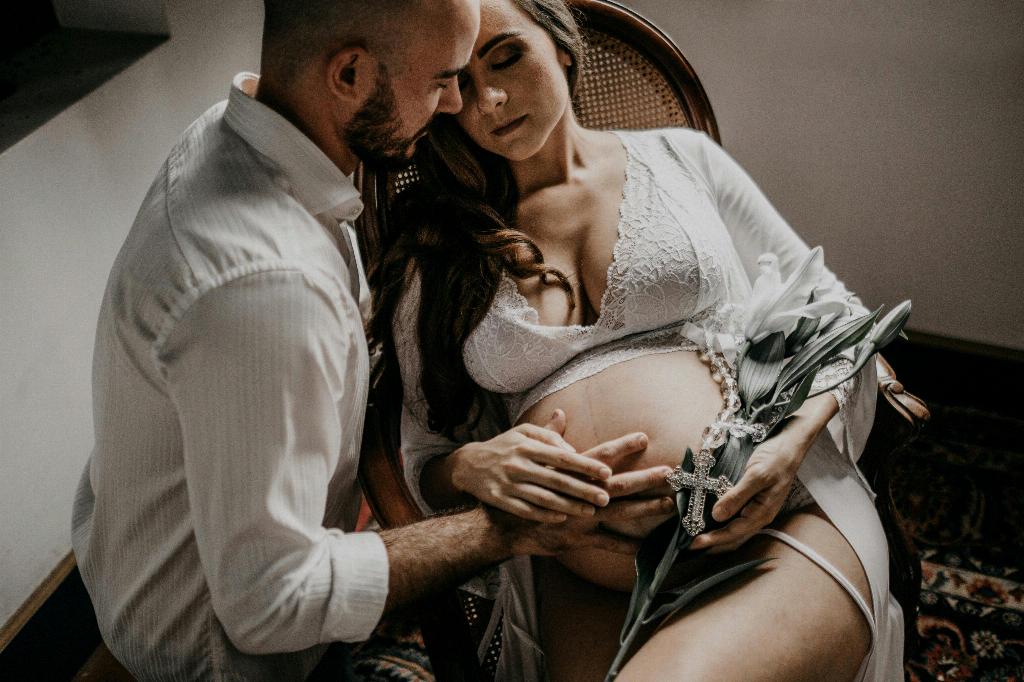When it comes to pregnancy, understanding the development process is crucial. Many people wonder about the physical changes that occur early on and specifically ask, “Can you have a belly at 1 week pregnant?” It’s important to recognize that pregnancy is calculated from the first day of your last menstrual period, not from when conception actually occurs.
The Initial Weeks of Pregnancy
During the initial weeks of pregnancy, typically the first, second, and third weeks, there is minimal physical change in the body. At one week pregnant, there is no visible sign of a baby bump. In fact, during this time, the fertilized egg is still making its way down the fallopian tube to implant in the uterus.
Understanding the Menstrual Cycle
It’s essential to understand the menstrual cycle to comprehend why there is no visible belly at 1 week pregnant. The first two weeks of pregnancy are generally part of the menstrual cycle, as the egg is fertilized around the middle of the second week.
Physical Changes Post-Implantation
Following implantation around the third week of pregnancy, some women may begin to experience early signs like bloating or mild cramping. However, these symptoms are not attributed to the development of a visible belly but are rather due to hormonal changes in the body.
Factors Influencing Belly Appearance
It’s important to note that factors like body type, muscle tone, and prior pregnancies can influence when a baby bump becomes noticeable. However, at 1 week pregnant, it is biologically impossible for the belly to appear visibly swollen due to pregnancy.
Early Pregnancy Symptoms
While there may not be a visible belly at 1 week pregnant, some women may experience early symptoms like fatigue, breast tenderness, or mood swings. These signs are often related to hormonal changes and the body adapting to pregnancy.
Verification of Pregnancy
If you suspect you may be pregnant, it’s crucial to confirm it with a home pregnancy test or a visit to your healthcare provider. These tests detect the presence of the hormone hCG, which is produced after implantation occurs, usually around 6-12 days post-conception.
Emotional Changes in Early Pregnancy
As you navigate the early weeks of pregnancy, it’s natural to experience a range of emotions. Excitement, apprehension, and joy are common feelings during this time. Understanding the physical and emotional changes can help you prepare for the journey ahead.
Support and Care
During the early stages of pregnancy, support from loved ones and proper self-care are essential. Maintaining a healthy lifestyle, eating nutritious foods, staying hydrated, and getting adequate rest can contribute to a positive pregnancy experience.
Consulting with Healthcare Providers
It’s recommended to schedule an appointment with your healthcare provider early on in pregnancy to receive guidance on prenatal care, nutrition, and overall health. Regular check-ups and communication with medical professionals can ensure a smooth pregnancy journey.
Conclusion: Belly Development at 1 Week Pregnant
In conclusion, the notion of having a visible belly at 1 week pregnant is unfounded due to the early stage of pregnancy development. Understanding the biology of conception, implantation, and the early symptoms of pregnancy can provide clarity on what to expect during the initial weeks of gestation.
Final Thoughts
As you embark on this incredible journey of pregnancy, remember to prioritize your well-being, seek support when needed, and embrace the changes your body undergoes. Each week brings new developments and milestones, shaping the beautiful process of bringing new life into the world.

